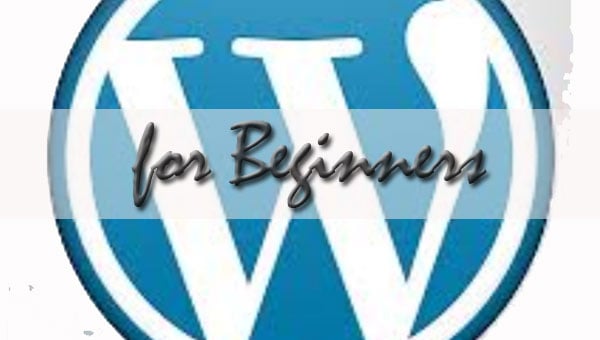Before I learned how to use WordPress, I struggled mightily to make web pages using programs like SiteSpinner and text editors like Notepad. Thankfully those days are long gone and now non-programmers like me can work with one of the numerous available online platforms to create websites and pages - without trying to figure out cumbersome language like HTML.
[caption id="" align="aligncenter" width="600"]
 How to Use WordPress for Beginners[/caption]
How to Use WordPress for Beginners[/caption]Using WordPress Is Like Working with Email or a Word Processor
Most people by now have some sort of computer experience - whether they realize it or not. If you have done something as innocuous as using a smartphone to send a text - you have all the skills needed to work with blogging platforms like this or any of the other major content-management-systems (CMS) out there.
The way a CMS system works is by taking content created by simple folks like you and me and formatting it for us in a way that makes it readable by web-browsers like the one you are using right now. People like you and I simply type words in a little box the same way we might type up something on a type-writer or word processor, perhaps click a button or two to add an image from our computer, click save and before you can blink you have created a web page.
What Kinds of Things Can I Do with WordPress?
It is very easy to do all kinds of text formatting to make your content really pop for readers. If you know which buttons to click all sorts of formatting tools are available to you. For example you can...
- Make a List
- Make Text Bold
- Italicize Words
- Create a Numbered List
- Change the Font Size
- Change the Font
- Add Images
Even indent and create cool formatting for quotes
... all with a click of a button and typing like you would on your smartphone or computer.
What Do I Need to Begin Using WordPress?
The two principal things you need to begin using the platform are access to a computer and an internet connection, because all installations are on the internet itself rather than on your home computer or laptop. Beyond that, you need to decide which website host (the company which stores your content and maintains the computers which store it) to use to create the structure of your site. Numerous free solutions exist, with varying levels of service available. Most of the free solutions offer very limited service with few (if any) plugins (enhancements to the basic WordPress program). Further - many of the free hosts have strict rules about what types of content they allow you to write. Lastly, even fewer providers allow commercial or business type content on their hosting site (called a domain).
Guest Post By Barry Livingstone



Would love to here from you...